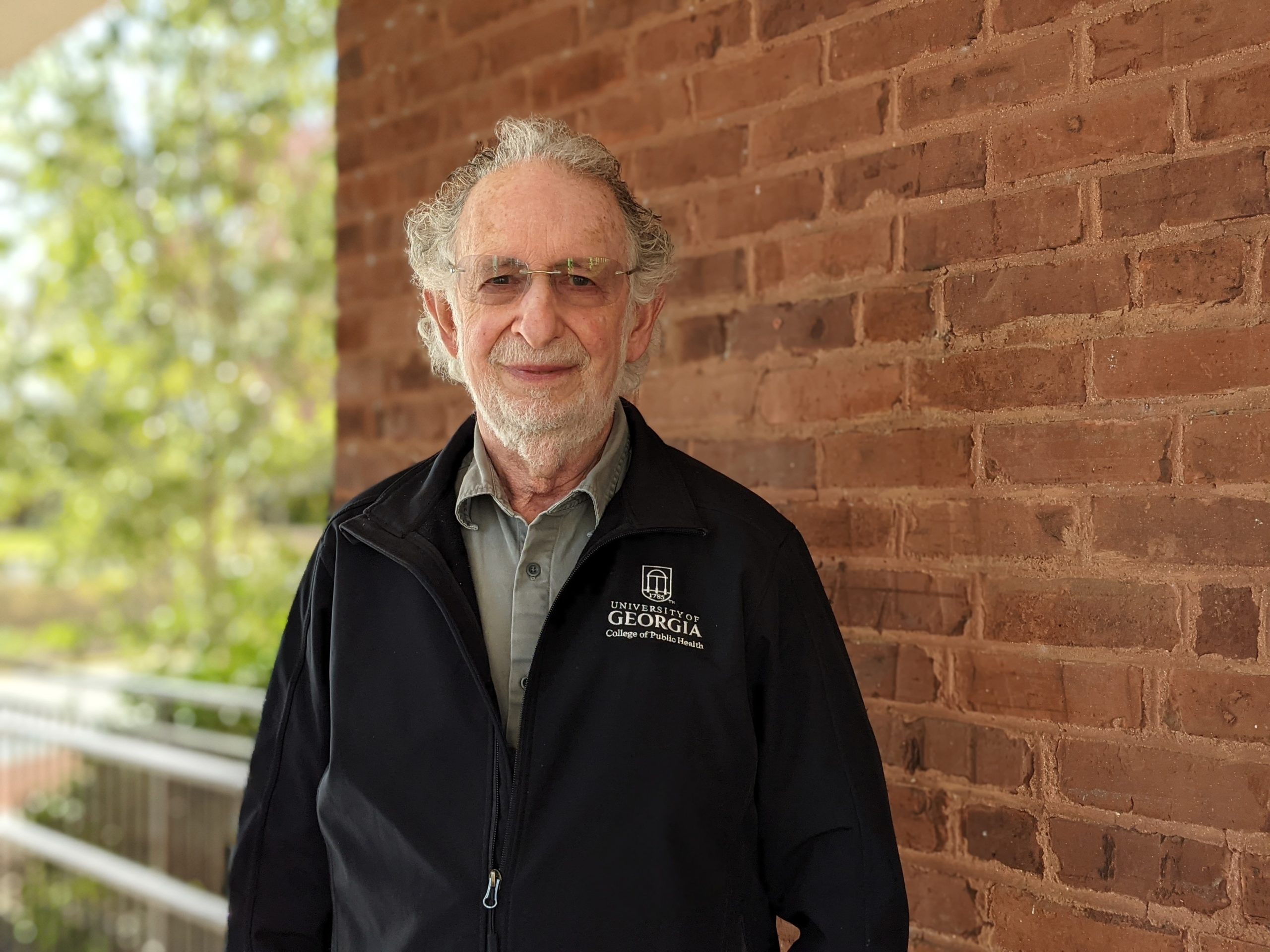Professor emeritus and former UGA dean builds legacy supporting diversity, addressing health disparities
As a kid growing up in the Bronx, Stuart Feldman had big plans to be a retail pharmacist. Though Feldman did receive academic training in pharmacy, he spent the majority of his career as an administrative leader.
In these roles, Feldman’s commitment to creating educational opportunities for all has made a lasting impact on the University of Georgia and on the students and communities he served.
Feldman arrived at UGA’s College of Pharmacy in 1991, where he was the dean until 1999. Before that, he had served as the chair of pharmaceutics at University of Houston for 18 years.
With each new administrative role, Feldman sees an opportunity to change things for the better.
“I like the ability to think about things, what could be different and see whether or not they could be changed. As a dean, there are a lot of good opportunities to move in new directions,” he said. “That was a really good opportunity, moving from Houston to Athens.”
As pharmacy dean, Feldman championed diversity and inclusion initiatives. He hired the first African American faculty member, Marie Chisholm-Burns, and endorsed the formation of the Student National Pharmaceutical Association, an organization traditionally composed of minority students.
In the early 2000s, as he supported the formation of UGA’s College of Public Health, Feldman had his first introduction to the field. Specifically, public health’s focus on community became an important lens through which Feldman began to view education and workforce development.
Shortly after the College of Public Health was established in 2005, Feldman retired from UGA. He returned home to New York City, but his work was not done. Feldman helped found the Touro College of Pharmacy in Harlem, which was established to meet the need for a diverse health care workforce in an underserved population.
When he returned to Athens in 2014, public health dean Phillip Williams had a request. The college’s department of health policy and management needed someone to lead it.
“My thinking was, that would be interesting to do, and it will be a short-term appointment. That lasted 5 and half years,” Feldman said with a laugh. “It was a lot fun because, again, it gave me an opportunity in a department head role to advance programs and think about what should be done and how to make that happen.”
As department head, Feldman built a strong foundation of faculty dedicated to innovative research and service as well as mentoring students.
In addition, Feldman established an endowment, the Stuart and Renee Feldman Health Disparities Awareness Fund, at the College of Public Health to support research and service activities that address health disparities and broaden awareness of the outcomes faced by underserved and disadvantaged communities.
This was just the latest in a long history of giving.
At the College of Pharmacy, he established the Stuart Feldman Academic Support Fund to foster and support activities that educate students, faculty and staff of the importance and value of diversity within the College of Pharmacy, health care and the health professions. The Feldman Fund later supported the establishment of a week-long Summer Science Academy for economically disadvantaged high school students who have a strong aptitude in math and science.
In February, Feldman’s dedication to supporting academic opportunities for all students and advancing diversity, equity and inclusion initiatives at the College of Pharmacy was recognized when he was awarded the inaugural William Robie III Diversity, Equity & Inclusion Award, commemorating William Robie III, a 1970 alumnus and the first African American graduate of the College of Pharmacy.
Feldman said he was surprised to be college’s unanimous choice for the inaugural award.
“From the time I first heard Mr. Robbie’s story, at what may have been the College’s first Black History Month event, he has been an inspiration to me. I am honored,” said Feldman.
Now, as a professor emeritus, Feldman still sees more work to be done to grow the College of Public Health, specifically in areas devoted to reducing health disparities and addressing health inequities.
“The fact that the college does so much in the community is important for the community, and it’s something that should be accelerated,” he said.
– Lauren Baggett
Posted on March 19, 2021.






